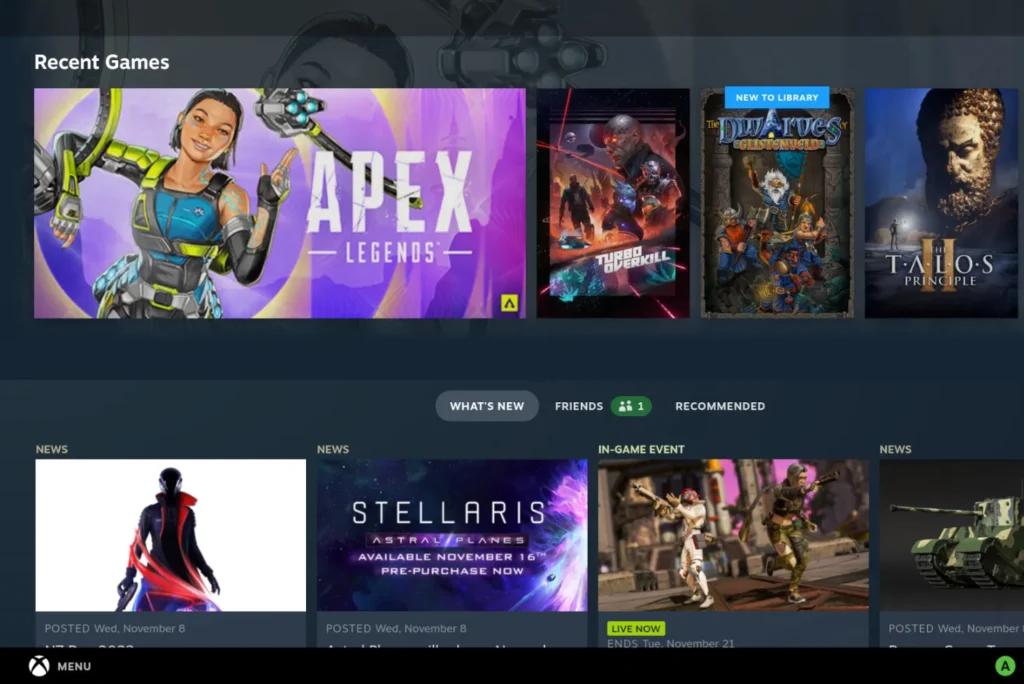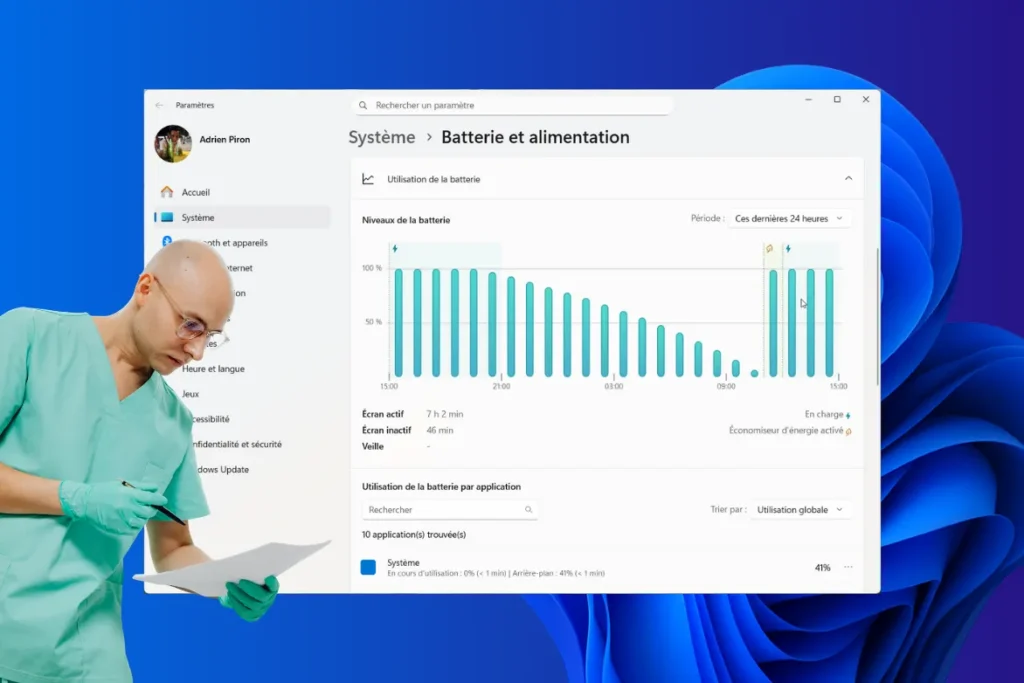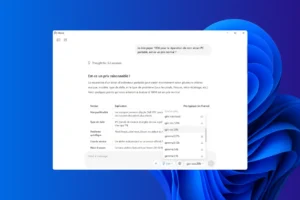Computer tutorial: practical tips to answer your questions
Assistouest’s computer tutorials help you easily solve your problems on Windows, macOS, or Linux with clear explanations and practical tips.


The latest computer tutorials and tips
Our computer tutorials guide you step by step through troubleshooting, system configuration, and discovering new features in Windows, Linux, and macOS.

How to install Bazzite OS, the SteamOS 3 alternative for turning a PC into a game console
Install Bazzite OS, the alternative to SteamOS 3, and easily turn your PC into a home console. Complete guide, compatible with all hardware.
Découvrir
The 5 best 1TB internal 2.5″ SATA SSDs for PCs in 2025
Discover the best SATA 2.5 hard drives in 2025 to upgrade your laptop at an affordable price.
Découvrir
Where to download an ISO image of macOS (Sequoia, Ventura, Sonoma)
Download macOS ISO images (Sequoia, Sonoma, Ventura...) to install the system on a virtual machine, a USB key or an old Mac.
Découvrir
How to install macOS 15.3 on a Windows PC with VMware?
Find out how to install macOS on a Windows PC with VMware: follow our guide to setting up a macOS virtual machine on VMware.
Découvrir
Online storage: the best free Cloud services in 2025
Need free cloud storage? Check out our selection of the best online services for backing up, sharing and securing your files free of charge.
Découvrir
The best Linux desktop environments in 2025: a guide to choosing the right one
Discover and compare the main Linux desktop environments: GNOME, KDE, Xfce, Cinnamon, MATE, LXQt, Budgie and others. A comprehensive guide to choosing the right one for your needs.

How to recover the current wallpaper under Windows 11 / 10?
Find out how to recover the current Windows wallpaper on your computer and keep it safe.
Tips, guides, and tutorials to learn about computing
Our tech blog is a space dedicated to tutorials, tips, and PC advice to help you better understand and maintain your computer. You will find in-depth articles on computer repair, Windows optimization, online security, and essential software tools to boost your productivity and comfort. Each tutorial is written by a technician and tailored to the needs of both individuals and professionals, whether you want to fix a problem, speed up your PC, install antivirus protection, or simply learn how to use a new program.

Protect your data and privacy with our cybersecurity tips covering virus protection, VPN use, authentication, file encryption, and password management to help prevent attacks and adopt the right habits against online threats.

Discover our Windows tutorials designed to help you use and troubleshoot your computer easily. From disk cleanup to full system reinstallation and driver management, with screenshots and tips to fix errors and get the most out of your PC.

Our Linux tutorials help you explore the world of open source distributions such as Ubuntu, Debian, and Linux Mint. You will learn how to install Linux alongside Windows, configure your system, manage packages, and secure your workstation whether you are a beginner or an advanced user.

Buying guides
Before buying a computer, antivirus, or accessory, check out our IT buying guides. They help you compare models, choose the best value for money, and avoid unpleasant surprises. Our comparisons guide you toward the best options based on your budget and needs.
All our IT and high-tech articles
The Assistouest tech blog regularly publishes analyses, comparisons, and tips to help readers better understand the digital world. Discover our latest articles below.









Created by Adrien Piron, technician and writer, Assistouest has been sharing computer tutorials and tips since 2019 for individuals, apprentices, and professionals, with the goal of making IT simpler and more accessible to everyone.





